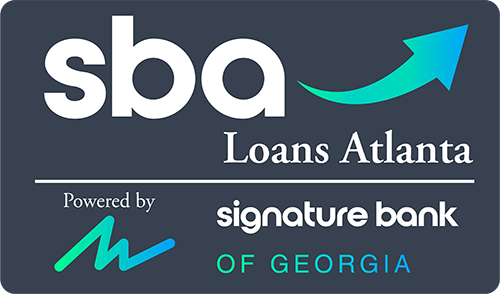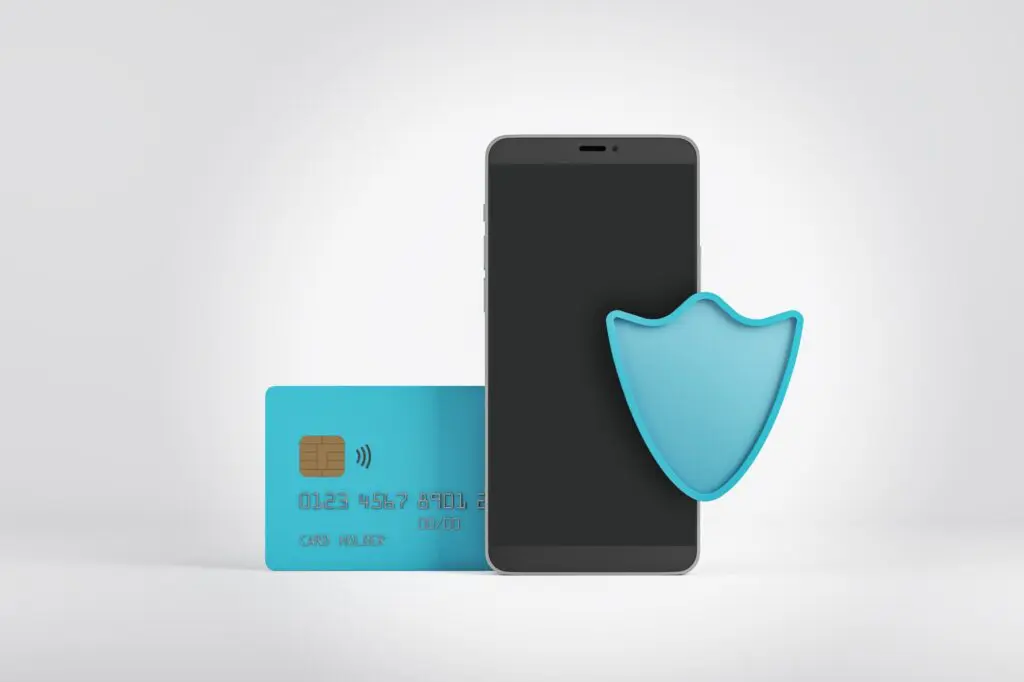Banking online offers many advantages. You can access your account at any time and check your balance or make transfers with a few clicks. But, it also means that hackers have ready access to your financial information.
Today, more than 50% of American adults have an account with a bank or other financial institution. Because of this, more and more people are using the internet as their primary banking method. That’s why security is one of the top priorities for all banks.
However, this increases the risk of someone hacking into your account. Here are 6 things you should know about online banking security.
1. Know the Basics
Most people aren’t aware of the basic online banking security precautions that should be taken. The first thing to know is that no security system is foolproof. There are countless stories of hackers breaking into bank accounts, even with the most secure methods.
This is why it’s vital to take basic security precautions. The next thing to remember is that even the most secure bank account will be vulnerable to a computer breach.
The best way to prevent a breach is to not allow your account to be visible online. Some other things to keep in mind regarding online banking security are as follows.
- Use a secure browser
- Never write down your password
- Use common sense and avoid risky behavior
3. Avoid The Same Passwords
When it comes to online banking security, common sense is critical. Avoid risky behavior like keeping large amounts of cash in your account, having a ton of debit card purchases, or opening up many new lines of credit.
These are all things that can put your financial security at risk. Another important reminder is to avoid using the same password across multiple accounts.
If one account gets hacked, the hackers can use that password to access all other accounts that use the same password. There are also a few risky online banking behaviors that should be avoided.
Try to avoid these to increase online banking security.
- Don’t use your debit card for large purchases
- Don’t keep a large amount of cash at home
3. Understand What You’re Signing
When most people log into their online banking account, they don’t think about what they’re signing. They do this with the assumption that the bank is secure and will not change the agreement.
Unfortunately, this is not the case. It’s essential to understand what you’re signing, especially regarding online banking security. First, make sure that you fully understand all of the terms and conditions. They may seem harmless, but they’re often the first step to changing terms and conditions. Another important action to take is to keep a copy of all agreements and terms.
This makes it easier to refer to if something changes. If you ever need to refer to an old agreement, you’ll be glad that you stored it.
4. Set up 2-Factor Authentication
If you can log in to your online banking account, you can keep it safe from hackers. 2-Factor Authentication is an easy way to add an extra layer of security to your online banking.
With 2-Factor Authentication, you’ll need a password and your mobile phone to log in to your account. You can use your phone number or a code generated by a security key app.
While 2-Factor Authentication is an easy way to boost online banking safety, it’s also convenient. Unlike other systems, 2-Factor Authentication doesn’t rely on having your phone with you. It’s a great way to boost online banking security.
With a simple tap of your finger, you can log in to your account and make purchases.
5. Trust No One
Online banking services is only as strong as the downloaded links and attachments. This means it’s extremely important to follow the guidelines for links and attachments.
First, it’s essential to verify the sender. This can be done by looking at the email address used to send the link or by seeing if the link comes from a known website. Next, it’s important to verify the link itself.
This means that you should check the link for validity and make sure that it really is from your bank. Finally, it’s essential to verify the file itself. This means that you should ensure that the file is what it’s supposed to be before opening it.
This can be done by opening the file in a new tab and saving it. This way, you can see if it’s the right one.
6. Maintain a Strong Grasp on Your Finances
Online banking security helps to reduce the risk of a breach, but it can’t stop a breach if one happens. That’s why it’s important to follow these tips to maintain a strong grasp on your finances.
First, stay logged in to your account when it’s open. This means that you should keep your account logged in while you’re online. Keep track of your online banking security by following these ideas.
This will help you to stay on top of your finances. Make sure that your password is strong enough and that it’s different from your web browser and email passwords.
Ensure that you’re storing your password safely. Make sure that you’re keeping track of your transactions and that you’re reporting any unusual ones. This will help you to stay on top of your finances.
Online Banking Security: Tips & Things to Know
Online banking security is one of the top priorities for banks and financial institutions. The risk of getting hacked is high, and it’s better to be safe than sorry.
Open a bank account with Signature Bank of Georgia now and start tapping into useful banking, borrowing, and more online banking safety tips.


